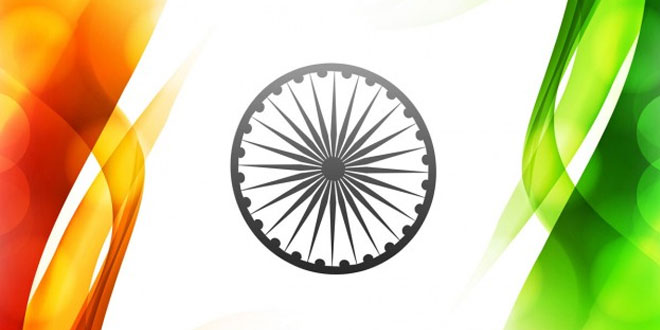Question: What are the powers of a governor of a state?
Answer: The powers of Governor are:
- The governor is the constitutional head of the state. He or she does not have any actual say in the running of a government.
- The governor appoints the leader of the party that gets the maximum seats in the assembly as the chief minister.
- On the advice of the chief minister, the governor appoints the council of minister, certain high officials, etc.
- It is the governor who begins and ends the assembly session.
- On the opening day the governor addresses the joint session of the legislature to brief them about the policies of the government.
- The judicial power of the governor includes reducing judicial punishments.
- If the ruling government has lost the confidence of legislative assembly or the government machinery has broken down, the governor can recommend President’s rule in state. In such cases the governor runs the state administration on the instructions of the President.
Question: What are the discretionary powers of a governor?
Answer: The governor also possess certain discretionary powers. She or he can make some decisions without consulting the council of ministers. Of the ruling government has lost the confidence of legislative assembly or the government machinery has broken down, the governor can recommend president’s rule in the state. In such cases the governor runs the state administration on the instructions of the president.
Question: What are the functions of a chief minister?
Answer: The chief minister is the real head of the state. The main functions of a chief minister are-
- To advise the governor on the selection of the council of ministers and its size.
- To preside over cabinet meetings.
- To distribute portfolios among ministers.
- To appoint a deputy chief minister, if needed.
- To retain charge of some portfolios if needed.
- Most of the important decision regarding the running of the government are taken by the chief minister and the cabinet members.
Question: Write short notes on council of ministers, advocate-general.
Answer: Council of ministers:
- Council of Ministers cannot be more than 15 percent of the total strength of the legislative assembly.
- It comprises of cabinet ministers, ministers of state and deputy ministers.
- It is collectively responsible to the legislative assembly.
- It helps the chief minister in day to day administration of the state.
The advocate general:
- The advocate general gives advice to the executive on legal matters and performs other functions assigned by the governor.
- She or he is appointed by the governor and hold office during the pleasure of the governor.
- Only a person qualified to be a high court judge is eligible for the post.
- The advocate general can take part in the proceedings but does not have the right to vote.
Question: Differentiate between Vidhan Sabha and Vidhan Parishad
or
Distinguish between Legislative council and Legislative Assembly.
Answer: The difference is as follows:
 Class Notes NCERT Solutions for CBSE Students
Class Notes NCERT Solutions for CBSE Students



Very nice answers it is very useful for me
It is very helpful as I am preparing for UPSC. It give information of each topic in detail which is helpful for the student as well as it includes Quiz of every chapter that a student covers. Thank You for such a great platform.
Not my choice
Same as my notes
Thanks for answer it is very useful for me thank you very Much sir
It has very good answers!